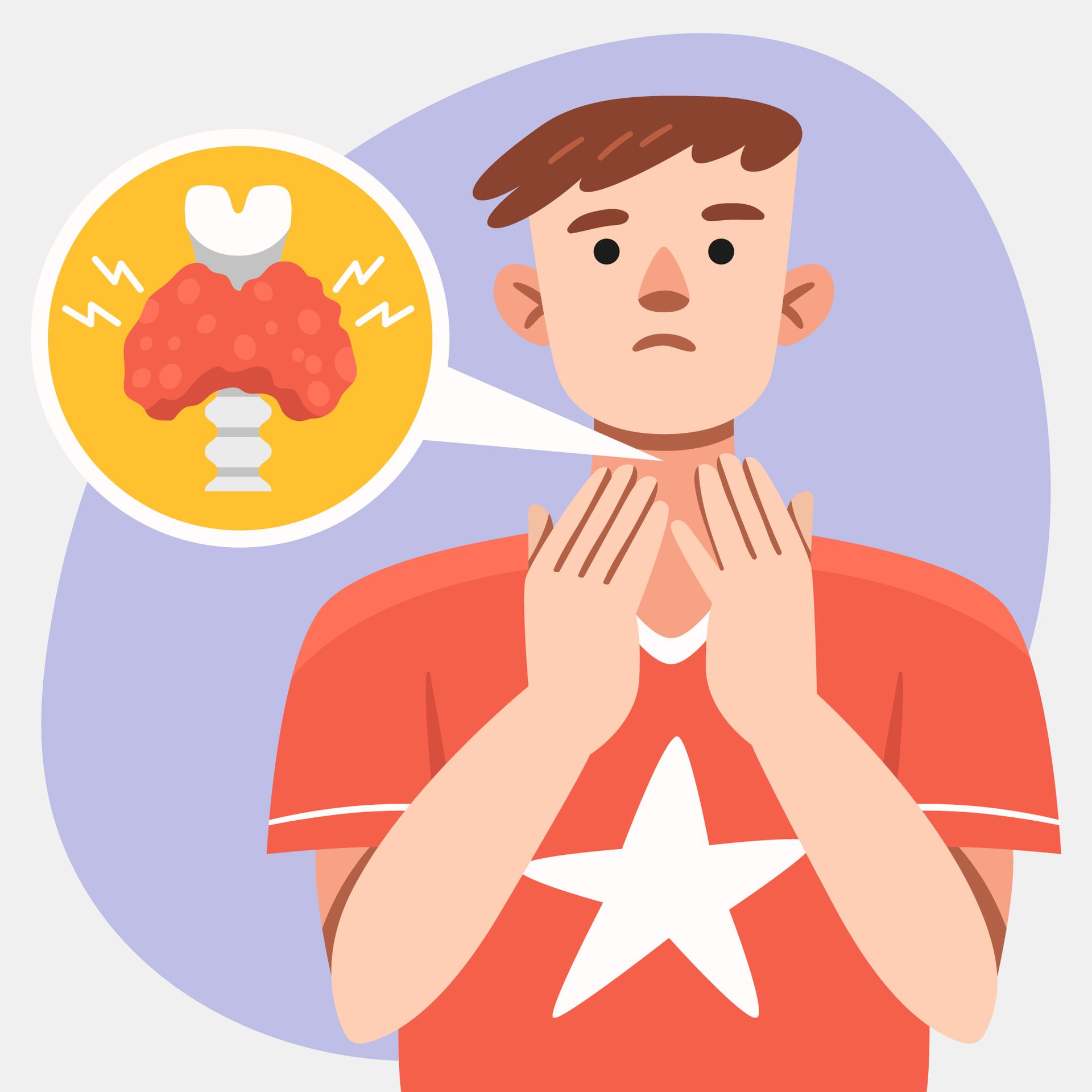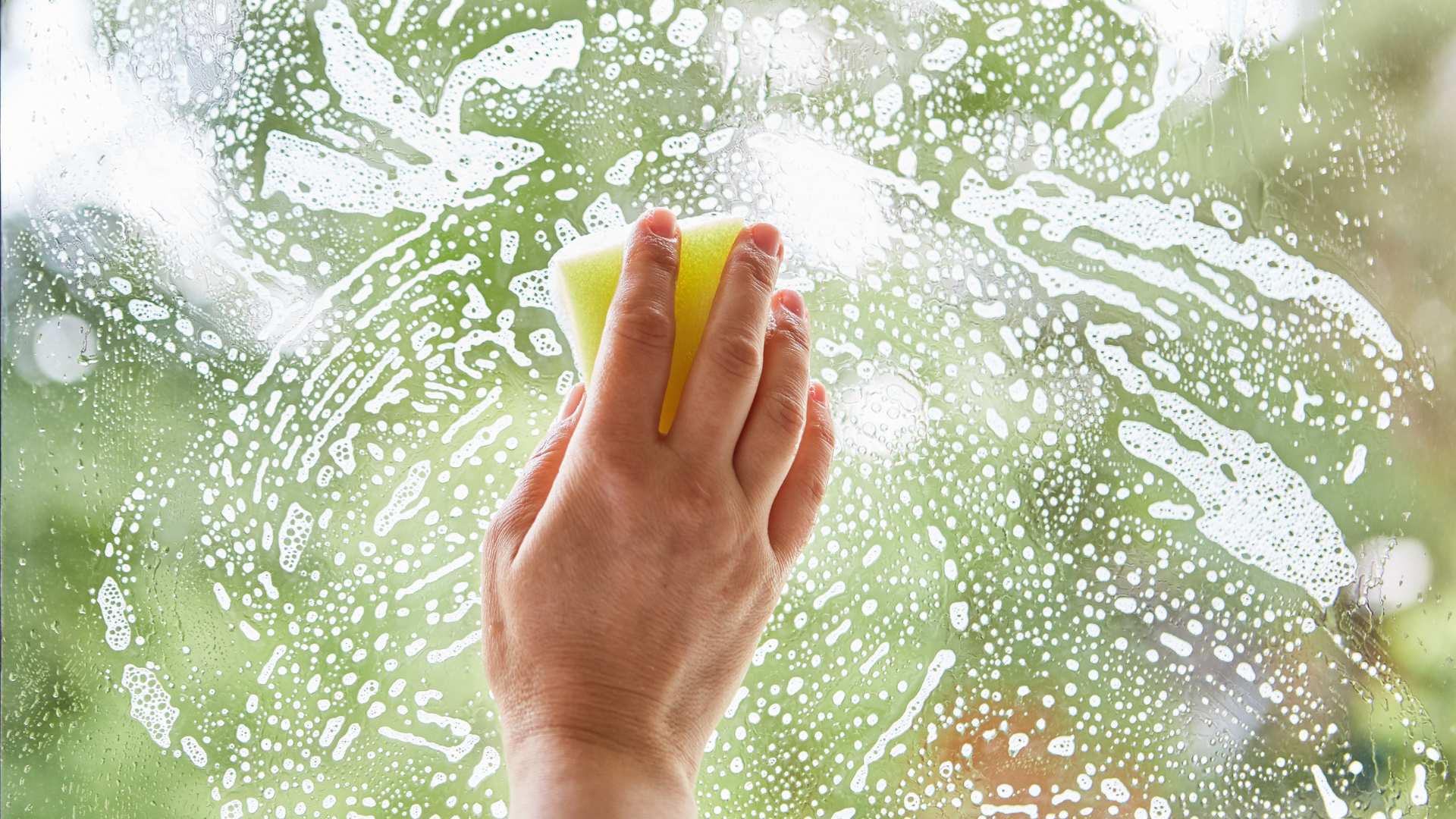Hyperthyroidism vs. Hypothyroidism: Examining the Thyroid’s Influence on Physical, Mental, and Emotional Health

By Thrive Reno’s Director of Primary Care Services Becky Barnett, PA-C
The thyroid is a small gland located just above the collarbone that creates and releases several hormones that are critical to many physical functions within the body. The thyroid’s hormones are also closely linked to a person’s mental and emotional health.
According to the American Thyroid Association , 20 million or twelve percent of Americans have some form of thyroid dysfunction. Shockingly, sixty percent of individuals experiencing thyroid dysfunction are unaware of their condition. While the causes of thyroid issues are largely unknown, fortunately there are ways to treat thyroid issues.
Explore how thyroid dysfunction can disrupt one’s physical, mental, and emotional health, and learn about common treatment methods.
HYPERTHYROIDISM — AN OVERACTIVE THYROID
When the thyroid produces too many hormones, it is considered overactive — a condition called hyperthyroidism. An overabundance of thyroid hormones can accelerate the body’s metabolic functions as well as cause symptoms of anxiety .
Physical Symptoms of Hyperthyroidism
- Enlarged thyroid gland
- Rapid heart rate
- Difficulty sleeping
- Restlessness
- Increased appetite
- Increased frequency of bowel movements
- Irregular menstruation cycles
- Excessive sweating
- Trembling or shaking
Mental and Emotional Symptoms of Hyperthyroidism
- Anxiousness
- Nervousness
- Irritability
- Persistent worry
- Difficulty thinking or concentrating
- Forgetfulness
- Feeling overwhelmed
- Difficulty relaxing
Treatment for Hyperthyroidism
Hyperthyroidism affects less than one percent of the population. A person experiencing hyperthyroidism would typically visit an endocrinologist, which is a physician that specializes in hormones. Oral medications, radioactive iodine treatments, and surgery can be used to slow the thyroid’s production of hormones.
HYPOTHYROIDISM — AN UNDERACTIVE THYROID
An underactive thyroid , or hypothyroidism, produces too few hormones which can lead to decreased metabolic functioning as well as symptoms of depression .
Physical Symptoms of Hypothyroidism
- Slowed metabolism
- Slowed heart rate
- High cholesterol
- Decreased core body temperature
- Constipation
- Muscle pain and weakness
- Dry skin and hair
Mental and Emotional Symptoms of Hypothyroidism
- Depression
- Fatigue
- Social withdrawal
- Apathy
- Anxiousness
- Irritability
- Forgetfulness
- Sluggishness
- Confusion
- Delayed reaction times
- Difficulty concentrating
Treatment for Hypothyroidism
Hypothyroidism is a more common condition than hyperthyroidism and can typically be treated by primary care providers. Thyroid replacement hormones in the form of oral medications are often prescribed to manage hypothyroidism.
DIAGNOSING A DYSFUNCTIONING THYROID
Many health care providers don’t routinely screen clients for thyroid dysfunction. So, if you’re concerned that you’re experiencing symptoms of an underactive or overactive thyroid, we encourage you to ask your health care provider to assess your thyroid. A simple blood test can provide an overview of thyroid hormone levels.
THRIVE SUPPORTS MIND-BODY WELLNESS
Thrive’s team of physicians, psychiatrists, therapists, nutritionists, and movement specialists collaborate to promote our clients’ overall well-being. If you’re struggling with physical, mental, or emotional health concerns, reach out to us to learn more about how we can help you achieve better health.
About the Author
Becky Barnett, PA-C — Thrive Reno Director of Primary Care Services
Becky Barnett, PA-C, has worked as a Physician Assistant for over 25 years with a primary focus on women’s health. She earned a bachelor’s degree from U.C. Riverside in 1991, and graduated from the College of Osteopathic Medicine of the Pacific (now Western University of Health Sciences) as a Physician Assistant in 1995. She has worked in various venues including community health centers, residential mental health facilities, large HMO settings and private practices as she moved throughout California and then into Nevada in 2001. She is proud to represent the medical team of Thrive Wellness of Reno, and is thrilled to be a part of such an authentic and passionate group.
Becky has two sons who attend schools in the Washoe County School District. She enjoys taking weekend excursions into the various wonders Northern Nevada has to offer, going on cruises, and spending time with her friends and family.

Start your healing journey today
NEXT STEPS
Are you ready to find hope? We can't wait to connect you with the care you need. To get started with us, please reach out using the link below.

Obsessive Compulsive Disorder

Perinatal
Mental Health
Obsessive Compulsive Disorder
Perinatal
Mental Health
SITE MENU
THRIVE LOCATIONS
Reno, NV 89501
OCD & Anxiety Disorders
Luella Garvey House
Perinatal Mental Health
"It Takes A Village"
Virtual Program
All Rights Reserved | Thrive Wellness | PRIVACY POLICY





